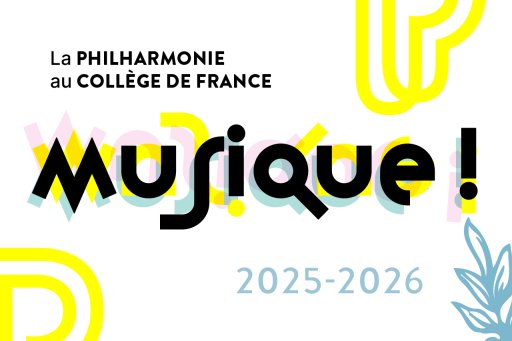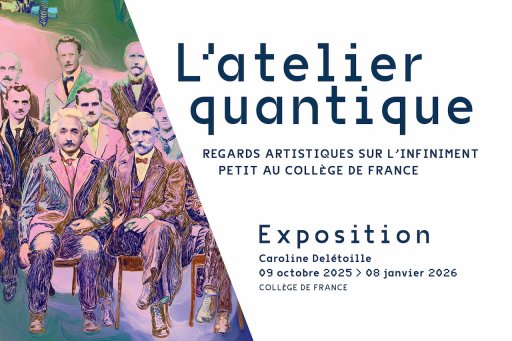december 12, 2020
On Wednesday December 9, the European Research Council (ERC) announced the 327 winners of its 2020 " Consolidator Grant " awards, worth a total of 655 million euros from the H2020 framework program.
Among the winners is CNRS researcher Marco Schiró, a member of the " Jeunes Équipesde l'Institut de physique du Collège de France" unit, where he heads the "Theory of non-equilibrium quantum matter" team. His Light-Control of Nonequilibrium Quantum Matter (CONQUER) project is one of the research programs to be supported by a " Consolidator Grant".

Marco Schiró obtained his PhD in 2010 at SISSA (Trieste, Italy) and was a postdoctoral researcher at the Princeton Center for Theoretical Science and Columbia University, before joining the CNRS in 2013, first at the CEA's Institute of Theoretical Physics in Saclay, then, since 2019, at the Collège de France.
His research interests focus on quantum matter far from thermal equilibrium, including correlated electrons in solids under optical excitations, ultra-cold atoms in optical lattices and microwave photons in superconducting circuit lattices.
The CONQUER project aims to develop a new theoretical framework to describe the manipulation and control of quantum matter by light.
In Quantum Condensed Matter Physics, light has traditionally played the role of a spectroscopic probe used to study the properties of materials - which are instead usually controlled by modifying thermodynamic parameters or by chemical substitution.
Recent experiments show a different paradigm; light can be used to control, manipulate and change the properties of quantum matter in radically new ways. A striking example is light-induced superconductivity, observed in a number of materials under optical excitations at temperatures well above the thermodynamic critical temperature. Theoretical understanding of these phenomena requires new concepts and tools to describe highly correlated electronic systems in regimes far from thermodynamic equilibrium. ERC funding will enable the Non-Equilibrium Quantum Matter Theory team to develop these new theoretical tools, merging ideas and techniques from Quantum Condensed Matter Physics and Quantum Optics.








